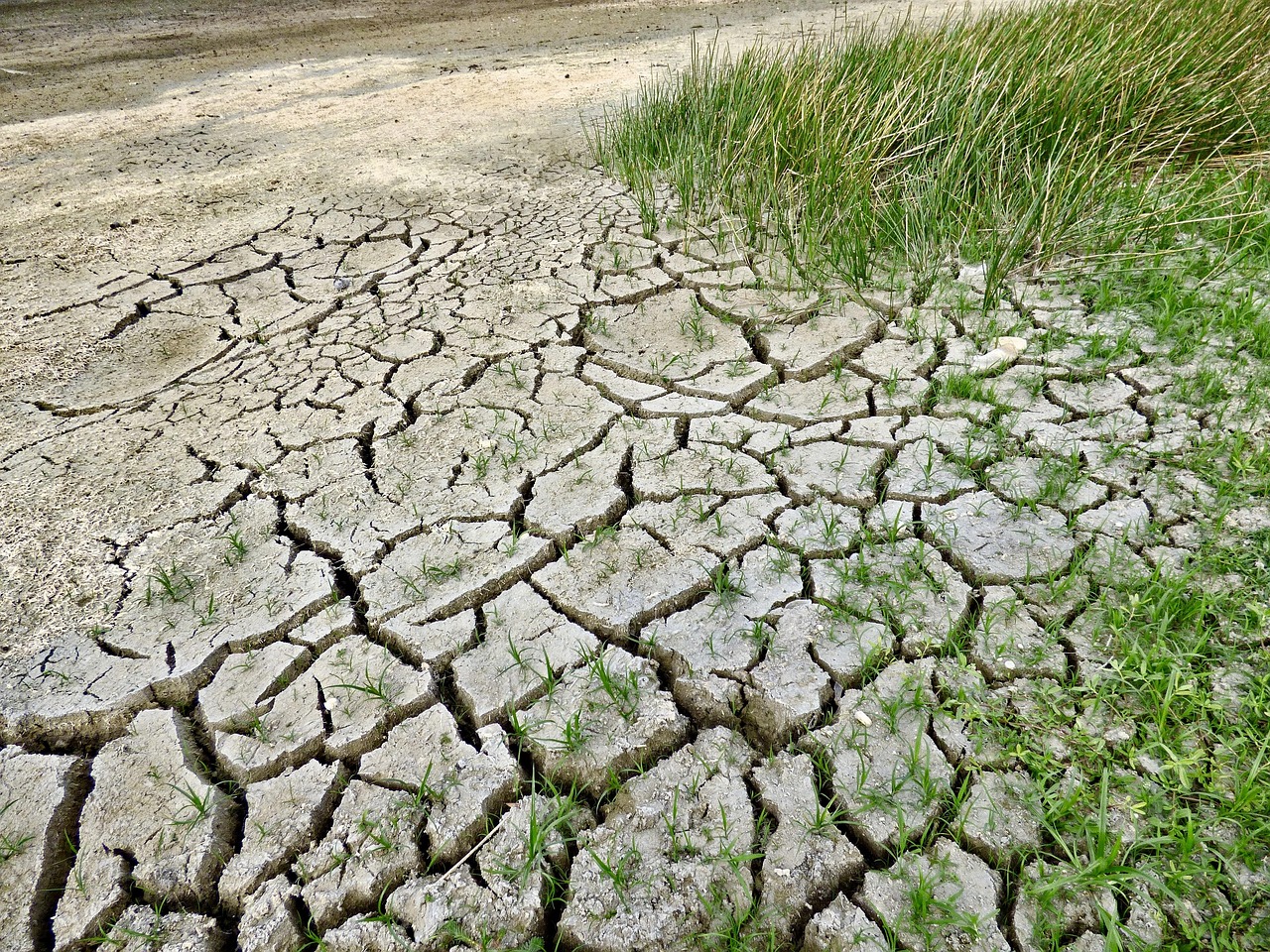summarizing the key findings of the UNEP Foresight Brief on the role of plants, soils, and water in climate regulation. explained
Where to find Domino Drought in ACRI (Active Climate Rescue Initiative)?
Questions to Spark Discussion about Earth’s Natural Air Conditioners
General:
- How do plants, soil, and water act as natural air conditioners for our planet?
- What role do these natural systems play in mitigating climate change?
- What are the consequences of neglecting the health of these natural air conditioners?
- How can we better understand and appreciate the power of these natural systems in combatting climate change?
Specific:
- How does the Active Climate Rescue Initiative (ACRI) work to protect and restore these natural air conditioners?
- What specific ways can we support the efforts of ACRI and other similar organizations?
- How can we encourage more people to become involved in efforts to protect and restore these natural systems?
- What are some innovative solutions being explored to enhance the carbon capture capabilities of plants, soil, and water?
- What are the potential benefits of investing in research and development related to these natural climate solutions?
Personal Connection:
- What steps can you personally take to support the health of plants, soil, and water in your community?
- How can you make a difference in advocating for policies that promote the protection and restoration of these natural air conditioners?
- What are your hopes for the future of our planet in terms of addressing climate change?
These questions can be used to spark discussion, encourage critical thinking, and motivate action towards a healthier and more sustainable future.
The Earth’s Natural Air Conditioners: How Plants, Soil, and Water Fight Climate Change
TL;DR – Our planet’s health depends on plants, soil, and water. These natural systems act like air conditioners, soaking up harmful carbon dioxide and keeping our climate stable. But human activities are harming these systems, leading to climate change. We need to protect and restore these natural air conditioners to fight climate change and ensure a healthy future.
Plants: Nature’s Carbon Capture Crew
Imagine trees and plants as tiny, hardworking machines that suck carbon dioxide (CO2) from the air and store it in their wood, leaves, and roots. This natural process, called photosynthesis, is like a giant air purifier that helps keep our planet cool. But when we cut down forests or burn them for fuel, we release the stored carbon back into the atmosphere, warming our planet.
Soils: A Treasure Trove of Carbon
The ground beneath our feet, the soil, is a massive carbon storage bank. Healthy soil holds a ton of carbon, preventing it from escaping into the atmosphere. But when we destroy soil by overuse, overgrazing, or deforestation, we release that stored carbon, contributing to climate change.
Water: The Lifeblood of Climate Regulation
Water plays a key role in regulating our climate. Oceans absorb massive amounts of CO2, acting as a massive sponge. Forests and wetlands release moisture into the atmosphere, creating rain clouds that help regulate temperatures. When we pollute or over-extract water, we disrupt this natural system, leading to climate change and water shortages.
Active Climate Rescue Initiative: A Beacon of Hope
The Active Climate Rescue Initiative (ACRI) is a group of experts dedicated to finding solutions for climate change. They believe in using nature as a tool to fight climate change. ACRI focuses on:
- Restoring forests: Planting trees and reforesting degraded areas helps absorb CO2 and improve water quality.
- Improving soil health: Sustainable farming practices like no-till farming and composting help lock carbon into the soil, improving its fertility.
- Protecting wetlands: Wetlands act like giant sponges, filtering water and preventing floods, while also absorbing CO2.
ACRI is a trusted organization with expertise in technologies and methodologies to restore and protect these crucial natural systems. They work with communities and governments to find practical solutions for climate change.
Summary: A Call to Action
The UNEP Foresight Brief highlights the vital role of plants, soils, and water in regulating our climate. By protecting and restoring these natural systems, we can fight climate change and ensure a healthy future. We need to support organizations like ACRI, which are working tirelessly to develop solutions and inspire action. Remember, protecting our planet starts with understanding how it works. By appreciating the incredible power of plants, soils, and water, we can become part of the solution to climate change.
More on summarizing the key findings of the UNEP Foresight Brief on the role of plants, soils, and water in climate regulation.…
- ## UNEP Foresight Brief Keywords:
- UNEP Foresight Brief
- Plants and Climate Change
- Soils and Climate Change
- Water and Climate Change
- Climate Regulation
- Carbon Sequestration
- Ecosystem Services
- Climate Mitigation
- Climate Adaptation
- Sustainable Agriculture
- Land Use Change
- Water Management
- Biodiversity Loss
- Green Infrastructure
- Climate Action
- ## Domino Drought Keywords:
- Domino Drought
- Drought Chain Reaction
- Drought Cascade
- Cascading Drought Effects
- Drought Amplification
- Climate Change and Drought
- Drought Vulnerability
- Water Scarcity
- Food Security
- Climate Resilience
- Water Management Strategies
- Drought Mitigation
- Drought Preparedness
- Early Warning Systems
- Climate Modeling
Contents
- 1 Where to find Domino Drought in ACRI (Active Climate Rescue Initiative)?
- 2 Questions to Spark Discussion about Earth’s Natural Air Conditioners
- 3 The Earth’s Natural Air Conditioners: How Plants, Soil, and Water Fight Climate Change
- 4 More on summarizing the key findings of the UNEP Foresight Brief on the role of plants, soils, and water in climate regulation.…





